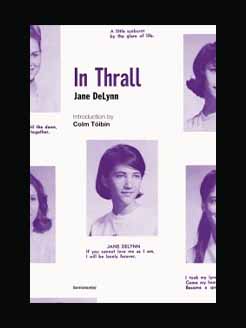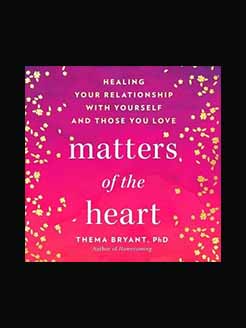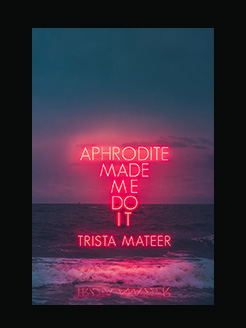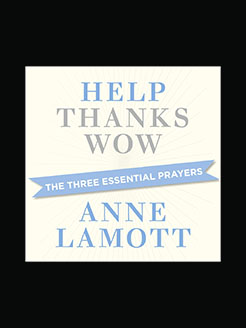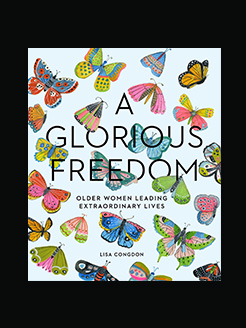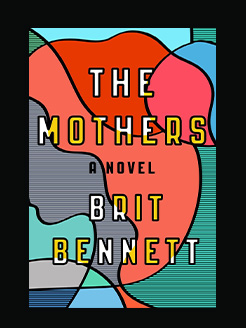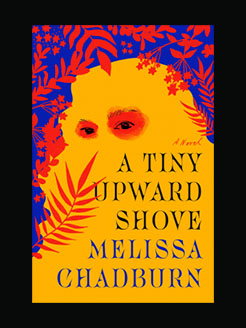Published in 2024
323 pages
14 hours and 9 minutes
Lydia Reeder’s research and writing brings to light the stories of little-known or forgotten pioneers in their professions and daily lives. Her first book, Dust Bowl Girls, was a Junior Library Guild Selection, a finalist for the Oklahoma Book Award and the WILLA literary Award, and won the For the Love of the Game award from the Women’s Basketball Hall of Fame. A regional bestseller in Oklahoma and Colorado, it was named as a 2017 top nonfiction book by Amazon, Bustle, Romper, and Bookbub, and optioned for film five times. A native of Oklahoma, Lydia now lives in Denver, CO.
What is this book about?
How Victorian male doctors used false science to argue that women were unfit for anything but motherhood—and the brilliant doctor who defied them
After Elizabeth Blackwell became the first woman to graduate from medical school, more women demanded a chance to study medicine. Barred entrance to universities like Harvard, women built their own first-rate medical schools and hospitals. Their success spurred a chilling backlash from elite, white male physicians who were obsessed with eugenics and the propagation of the white race. Distorting Darwin’s evolution theory, these haughty physicians proclaimed in bestselling books that women should never be allowed to attend college or enter a profession because their menstrual cycles made them perpetually sick. Motherhood was their constitution and duty.
Into the midst of this turmoil marched tiny, dynamic Mary Putnam Jacobi, daughter of New York publisher George Palmer Putnam and the first woman to be accepted into the world-renowned Sorbonne medical school in Paris. As one of the best-educated doctors in the world, she returned to New York for the fight of her life. Aided by other prominent women physicians and suffragists, Jacobi conducted the first-ever data-backed, scientific research on women’s reproductive biology. The results of her studies shook the foundations of medical science and higher education. Full of larger than life characters and cinematically written, The Cure for Women documents the birth of a sexist science still haunting us today as the fight for control of women’s bodies and lives continues.
